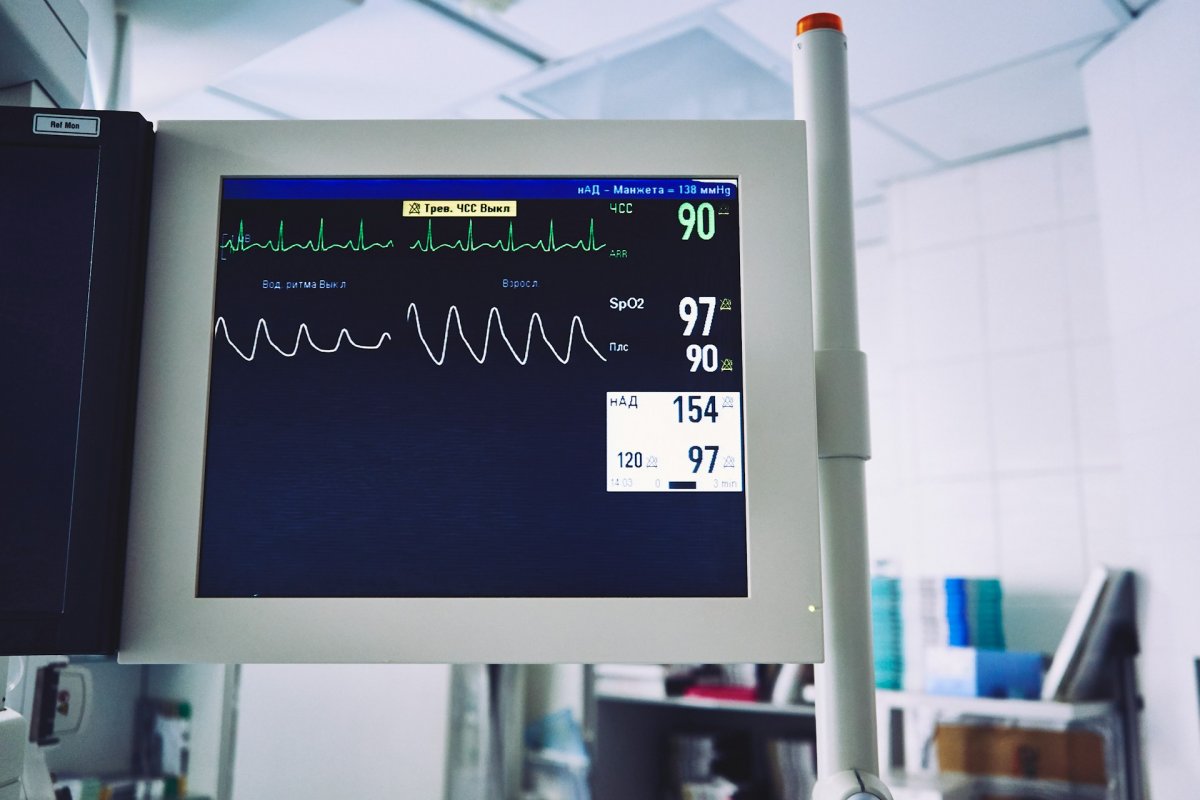
Cardiologist Marat Valeev emphasized that the normal pulse rate is from 60 to 90 beats per minute. Deviations from these values without an obvious reason may indicate the presence of health problems. Slowing the heart rate is medically called bradycardia.
“At this rate, the heart cannot provide enough blood for the normal functioning of the body. This can lead to oxygen starvation of organs and tissues,” Valeev explained.
This condition can be accompanied by darkening of the vision, weakness and even loss of consciousness. The causes of a slow heart rate can be various – from congenital or acquired diseases to scarring from a heart attack,taking medications, natural aging of the body, electrolyte imbalance, hypothyroidism or decreased sinus node activity syndrome.
According to a cardiologist, some people have physiological bradycardia, in which the heart beats slower throughout life.
It is also known that in professional athletes, the heart rate can decrease to 40 beats per minute, as Dr. Peter reports. “Bradycardia is a condition in which the heart rate decreases below normal (usually less than 60 beats per minute in adults). Treatment of bradycardia depends on its cause and severity,” sayscardiologist Oleg Varfolomeev specially for MedicForum.
Assessment of the cause< /b>
It is important to find out what is causing the bradycardia. It may be the result of a physical condition, such as increased vagal activity, or it may be a manifestation of a more serious problem, such as heart disease or medication side effects.
Watch and wait
If bradycardia is not causing any symptoms and is not the result of a serious medical condition, then regular medical monitoring may be all that is needed.
Changing drug therapy
If bradycardia is associated with taking certain medications (such as beta blockers), your doctor may consider reducing the dose or changing the drug.
“The main danger of bradycardia is associated with insufficient blood supply to organs, especially the brain. A heart that beats at too low a rate may not provide enough oxygen. This can lead to various symptoms and, in the case of severe forms of bradycardia, to serious complications,” Varfolomeev emphasizes.
Bradycardia requires careful assessment and adequate treatment to prevent possible complications and ensure the normal functioning of the cardiovascular system and the body as a whole.
Previously, MedikForum wrote about products that help maintain brain health.
Important! Information provided for reference purposes. Ask a specialist about contraindications and side effects and do not self-medicate under any circumstances. At the first signs of illness, consult a doctor.
